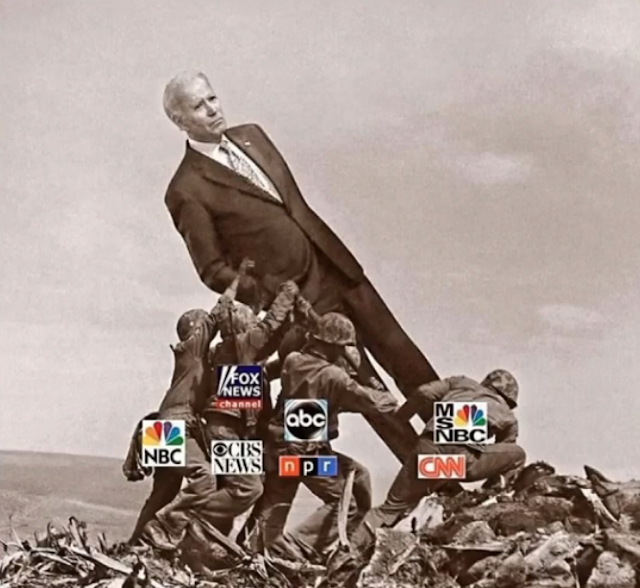Conterpunch Topic: Understanding Populism
"Populism is widely misunderstood. It can be found on both the left and right of the political spectrum. It’s not about how liberal or conservative you are. It’s about the failure of the system to provide economic and social security for a large part of the population."
Excerpt:
Populists today object to the status quo, to being ruled by elites, to what they see as a rogue establishment, whether left-leaning or right-leaning, that’s no longer accountable to the general public. They’re right about that, but otherwise they have little understanding of how this came to be, how political and economic power came to be concentrated, at their expense, in very few, mostly unaccountable, hands.
[...]
These old-time American populists were battling the powerful trusts, or monopolies, that came to dominate the United States economy after the Civil War. In key infrastructure areas like transportation and energy the monopolies were able to set exorbitant rates for services and products, including access to resources and credit. Small businesses were hamstrung and ultimately marginalized in favor of large enterprises which were able to make the rules for economic success, to their own benefit.
To remedy this sad state of affairs, the populists demanded the conversion of key infrastructural sectors into public utilities repurposed to facilitate rather than exploit small producers. Railroads, they argued, should be run on a regulated, non-profit basis to ensure low-cost access to markets by their customers. Similarly, banks should be run on a non-profit basis as to ensure low-cost credit to borrowers. Populists also called for the federal government to directly issue currency to pay for its expenses (instead of borrowing to do so).
[...]
What, then, is the future of populism today? The huge corporate-dependent middle class which came into being in the twentieth century has little resilience in the face of economic insecurity. Old time populists, once they were politically defeated, could at least hunker down on their farms and shops and hope for the best. Ultimately, most of them ended up working for ‘the man,’ one way or another.
Today there is nowhere to go for an increasingly redundant working middle class. There is also less and less for it to do economically. Relentless automation and robotics are eating their way into most economic sectors, even the professions, putting sustained downward pressure on human employment, which has less and less value.
The problem for the emerging technical elite is what to do with everybody who’s left over, which may end up being the bulk of the population. A large consuming population has to be sustained to avoid economic collapse, even though it no longer meaningfully contributes to the production of goods and services. To stave off chaos and revolution the digitally-driven elites who run things will have to share the wealth in some way. The main option currently in vogue, at least on the left, seems to be a basic universal income of some sort, with added benefits such as universal health care, free education, etc.
The difficulty, from the populist point of view, is that this will result in a vast, dependent class of atomized consumers beholden to the central authority dispensing the largess. It will allow a small number of people to keep most of the wealth and power they already have. The populists insisted that social justice and genuine democracy necessarily go hand in hand with widely distributed ownership and control of productive resources–something they felt to be demonstrated in the small-scale capitalism of their day. That world now seems increasingly remote. But, if they are right about the connection between ownership and democracy, then the current idea of buying off the middle class–whatever its virtues–is bound to leave us with neither much ownership nor much democracy.
Continue reading: Understanding Populism

Comments
Post a Comment